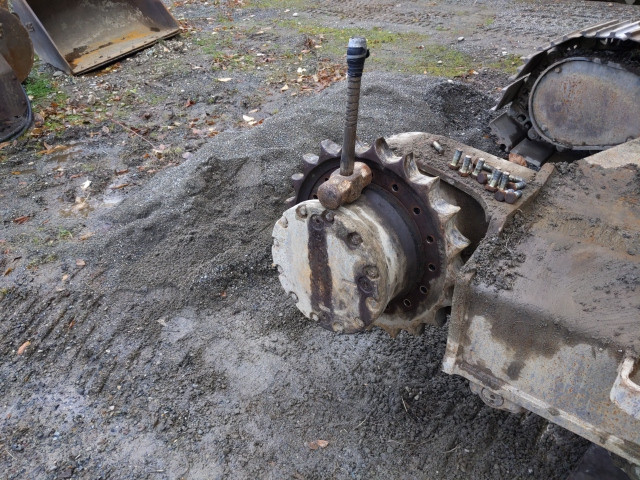I'm guessing this has been covered before, and I've read some stuff online.
My understanding is when disposing of a pc, it is best to remove the SSD or HDD completely. I am speaking of a Windows PC or laptop.
1) Is it necessary to remove the RAM or anything else? I read the RAM does not retain data once pc turned off.
2) If giving to a trusted family member, is it enough to just do a "reset" and "recovery" and reinstall from the cloud with cleaning the drive option and leave the SSD as is, ready for them to set up under their account? Is all my info removed including account login info so they can start from scratch as is?
3) Any other recommendations?
Thanks and I appreciate any comments.
My understanding is when disposing of a pc, it is best to remove the SSD or HDD completely. I am speaking of a Windows PC or laptop.
1) Is it necessary to remove the RAM or anything else? I read the RAM does not retain data once pc turned off.
2) If giving to a trusted family member, is it enough to just do a "reset" and "recovery" and reinstall from the cloud with cleaning the drive option and leave the SSD as is, ready for them to set up under their account? Is all my info removed including account login info so they can start from scratch as is?
3) Any other recommendations?
Thanks and I appreciate any comments.

